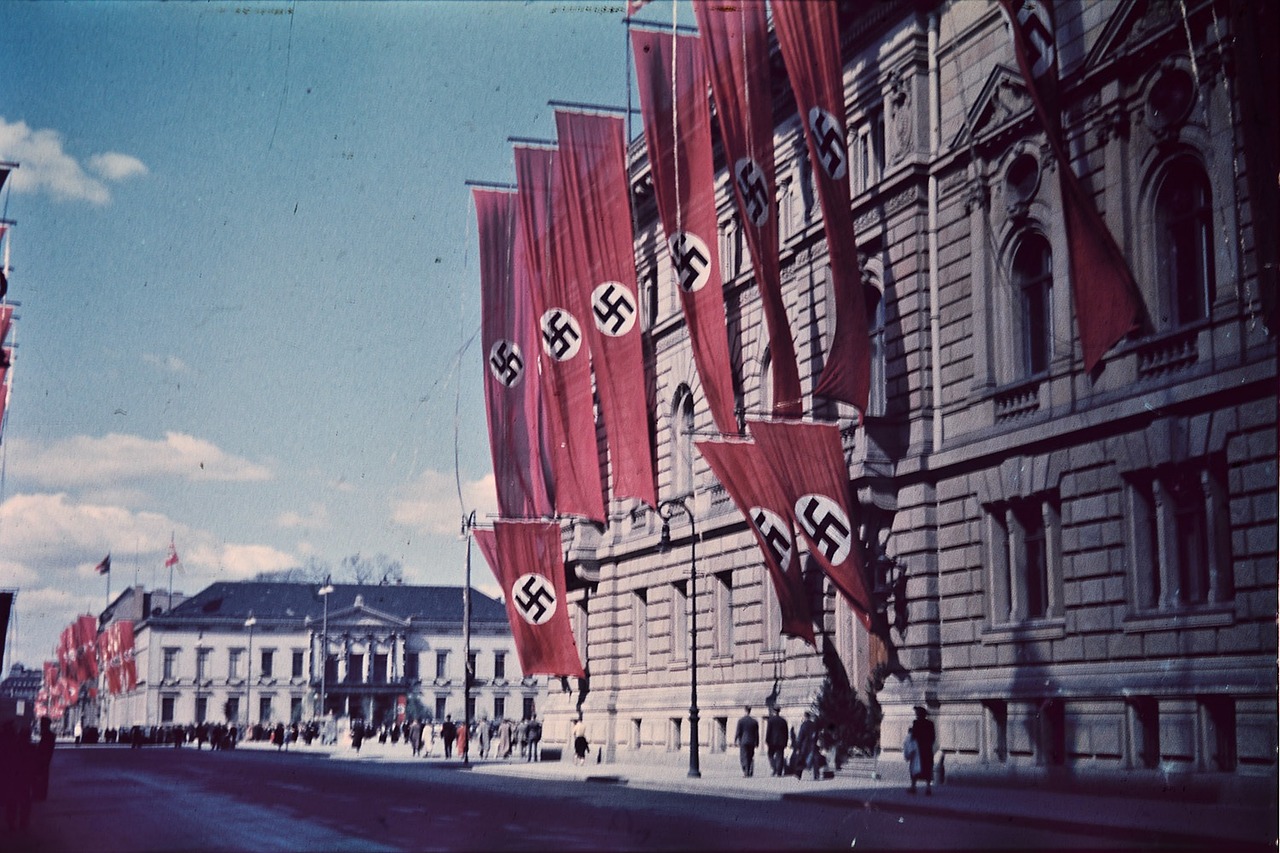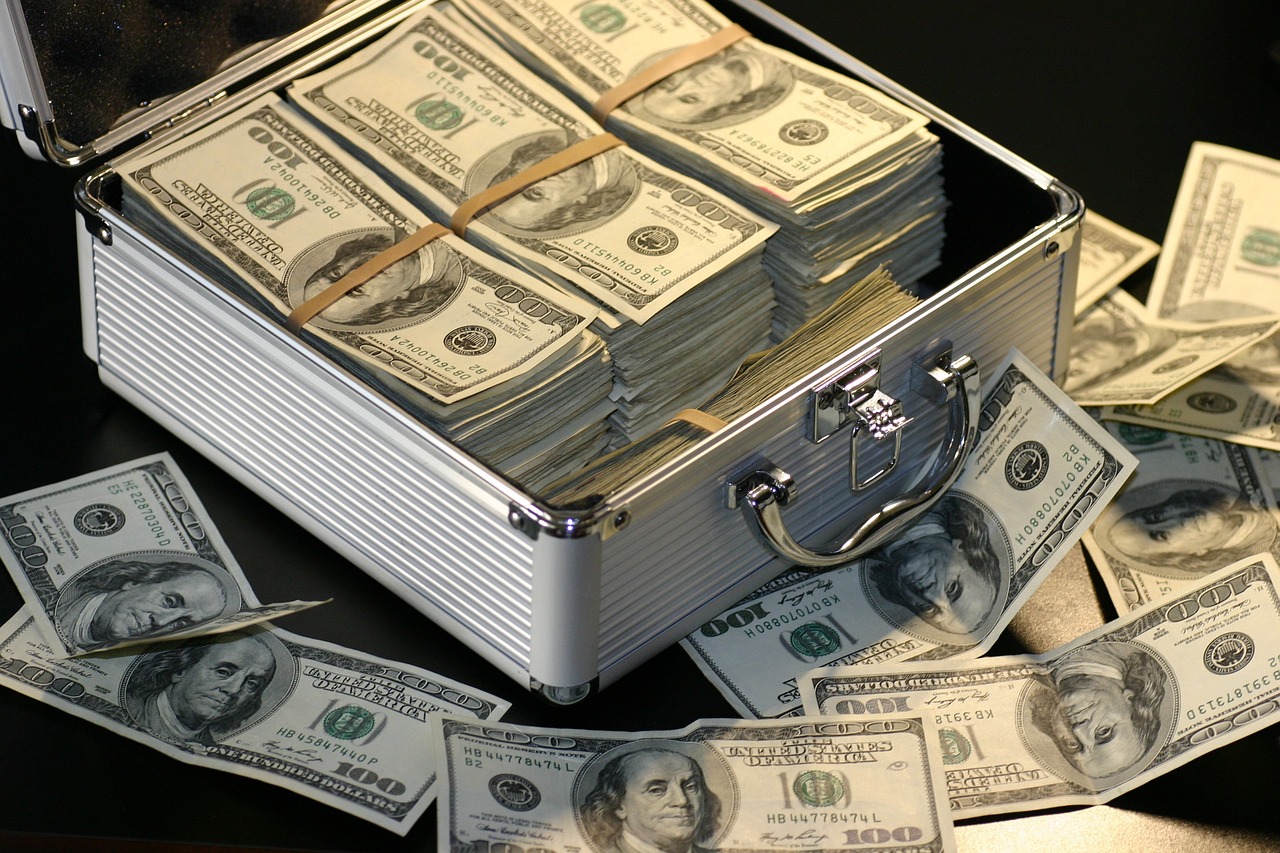How Did the Koch Brothers Build Their Fossil Fuel Empire?

Fossil Fuel Wealth
When it comes to influential people in the fossil fuel industry, Charles and the late David Koch are among the most well-known fossil fuel businessmen in the world. As of June 2019, Charles and David Koch were tied as the 11th-richest people in the world, each with fortunes in excess of $50.5 billion. While Charles and David became increasingly well known for their contributions to conservative and libertarian politics, they also built Koch Industries, which is the second-biggest privately held corporation in the United States. Koch Industries is also one of the world’s largest fossil fuel companies, with involvement in the distribution and production of oil and gas, petroleum-based chemicals, polymers, and industrial fertilizers. As the Koch brothers continued to expand their fossil fuel empire over the years, they became notorious for funneling a massive amount of money into political campaigns. These campaigns were largely aimed at fighting against climate change legislation, while they simultaneously supported efforts to expand fossil fuel production and consumption.

The Koch Family History
The Koch family has a long history of involvement in the fossil fuel industry. Charles and David’s father, Fred C. Koch, was the first member of the Koch family to get involved with the fossil fuel industry. Fred Koch was a chemical engineer by training who ended up developing an innovative method to refine heavy crude oil into useable gasoline and diesel fuel. After Fred started his career working for Texaco, he later moved on to become the chief engineer for the Medway Oil & Storage Company, which was based in England. Through his education and training at Rice University and the Massachusetts Institute of Technology, Fred was eventually able to develop an extremely efficient thermal cracking process to turn raw petroleum into transportation fuels. This process allowed for smaller oil and gas companies to compete with major oil producers in the fossil fuel industry.
After developing his innovative refining technology, Fred Koch started to build petroleum distillation factories within the Soviet Union. He eventually established fifteen oil refineries for Joseph Stalin’s regime, while he also built refineries across Europe, Asia, and the Middle East. Following the murder of several prominent Soviet colleagues, Fred Koch moved out of the Soviet Union to partner with a businessman known as William Rhodes Davis. Fred Koch and William Rhodes Davis ultimately partnered with Nazi Germany to develop one of the Third Reich’s largest and most important oil refineries. Koch and Davis’ oil refinery was one of only a few in Germany that was able to develop high octane jet fuel that was critical for Nazi fighter planes. Having been directly approved for development by Adolf Hitler, Koch and Davis essentially helped to fuel the Nazis during World War II (Confessore, 2016).

Troubling Allegations
Fred Koch’s involvement with Joseph Stalin and Adolf Hitler is where the notoriety of the Koch family begins. In her book titled, Dark Money: The Hidden History of the Billionaires Behind the Rise of the Radical Right, journalist Jane Mayer details the history of the Koch family’s efforts to undermine American democracy. While Jane Mayer doesn’t suggest that Fred Koch was a Nazi, she does outline how he profited off Hitler’s Third Reich, while also helping the Soviet Union become one of the biggest players in the global fossil fuel industry. After this book was released, Charles and David Koch viciously fought the media in an attempt to save their reputations.
President and chief operating officer (CEO) of Koch Industries David Robertson lambasted Jane Mayer’s book in a lengthy letter that was sent to a number of media outlets. In the letter, he wrote that “The implication that Fred Koch sympathized with one of the most tyrannical regimes in history is reprehensible and represents the lowest form of journalism” (Hamburger, 2016). Robertson outlined how Fred Koch had worked on fossil fuel projects all around the world, including in Germany. He also expressed how other iconic American companies like Coca-Cola, Ford, General Motors, and IBM were all conducting business in Germany during the same period of time. Robertson accused Mayer of producing cherry-picked journalism, since the Nazi oil refinery was one of hundreds of global fossil fuel refineries that were developed by Fred Koch.
Following David Robertson’s heated response to Jane Mayer’s book, Mayer fought back. In an interview with the Washington Post, Mayer said, “As the Kochs are confirming, Fred Koch was integrally involved in the creation of a German refinery that Adolf Hitler personally greenlighted. Splitting-hairs by disaggregating which parts of the equipment Fred Koch provided is a distraction” (Reilly, 2016). Mayer also reaffirmed how she conducted extensive research into academic literature that outlined Fred Koch’s involvement with Nazi Germany. Overall, this public battle over the Koch family’s reputation opened up a series of new questions about the Koch brothers’ businesses and political interests.

Koch Industries
Today, the legacy of Fred Koch’s oil refinery business has been massively expanded into a fossil fuel conglomerate that now houses many different companies under the umbrella of Koch Industries. With annual revenues in excess of $110 billion, Koch Industries boasts annual revenues larger than Goldman Sachs, U.S. Steel, and Facebook combined (Leonard, 2019). With the addition of some lesser-known subsidiary companies, Koch Industries employs more than 120,000 people across 60 countries (Reiff, 2019). More than half of Koch Industries’ employees are based in the United States. The company headquarters are also based in Wichita, Kansas. After David Koch passed away in 2019, Charles Koch remained as the sole Koch brother left to run the company. While Fred Koch had four sons, Charles and David won the right to take sole control over their father’s company after a series of high-profile lawsuits that ensued following Fred’s death.
In addition to being among the most powerful fossil fuel leaders in the world, the Koch brothers took extraordinary measures in an attempt to hinder government efforts related to action on climate change. In a book titled Kochland: The Secret History of Koch Industries and Corporate Power in America, author and journalist Christopher Leonard details how the Koch brothers used their massive fortune amassed from the fossil fuel industry to exert a commanding influence over the American political system. At the height of their fortune, Charles and David collectively accumulated over $120 billion, which is a fortune that is larger than that of Microsoft founder Bill Gates or Amazon’s CEO Jeff Bezos (Mayer, 2019). With their level of wealth and influential power, they’ve been called America’s oligarchs.

Political Efforts
During the 2012 presidential election, the Koch brothers funneled $400 million into Republican politics, helping to back the Tea Party movement (Dickinson, 2014). However, with their spending goal of $889 million during the 2016 presidential election, Charles and David Koch ended up turning the 2016 election into the most expensive one in history. On an annual basis, the Koch brothers would hold enormous fundraising events and discrete political functions to attract potential political candidates. During the 2016 election, Wisconsin Governor Scott Walker and Senators Rand Paul of Kentucky, Marco Rubio of Florida, and Ted Cruz of Texas all participated in Koch brother events.
So what were the Koch brothers trying to implement with their massive political donations? As staunch conservatives with massive investments in the fossil fuel industry, much of the Koch brothers’ political contributions have gone to campaigns to support the fossil fuel industry and spread misinformation about climate change. One of the first known Koch-sponsored events to deny the facts about climate change was held in 1991 following the announcement that President George H. W. Bush would support an international treaty aimed at limiting carbon emissions. The 1991 conference was one of the first high-profile events that challenged the findings from the Intergovernmental Panel on Climate Change. At the conference, the Koch brothers featured a number of speakers with a goal of spreading doubt about climate change. One such speaker was a professor of meteorology from the Massachusetts Institute of Technology. By employing their own scientists, the Koch brothers were able to push back against the majority of scientists calling for action against climate change.

Protecting Fossil Fuel Profits
Throughout their efforts to influence politics, the Koch brothers remained dedicated to attacking any campaigns that vowed to enact limitations on global carbon emissions. These limitations could potentially have a devastating impact on long-term profits for Koch Industries. Protecting Koch Industries’ fossil fuel profits remained a top priority through all of the Koch-sponsored political initiatives. While the Koch brothers originally opposed of Donald Trump’s presidential campaign in 2016, they were able to successfully promote numerous oil and coal industry executives at the head of the federal government’s energy and environmental departments. Moreover, some political analysts suspect that the selection of Vice-President Mike Pence also came as a result of influence from the Koch brothers.
Mike Pence has long been an ally of the fossil fuel industry and has developed an inside relationship with numerous corporate executives. When Mike Pence was an Indiana congressman, the Koch brothers successfully lobbied him to sign on to a carbon pledge that prohibited the federal government from moving forward with policies to put a price on carbon emissions. With the support of Mike Pence and a number of other conservatives that were bankrolled by the Koch brothers, efforts to pass a bipartisan cap and trade plan to limit greenhouse gas emissions failed miserably in 2009 and 2010. Since this legislation failed, the level of carbon emissions in the atmosphere has continued to skyrocket above 400 parts per million, which is the highest level of atmospheric carbon emissions that has been recorded throughout the existence of humanity (Leonard, 2019).

The Greatest Political Machine
For decades, the Koch brothers have used their fortune and political influence to persuade inaction on climate change. Their efforts have largely been successful. Even amidst global agreements like the Paris Climate Accord, the Koch brothers have been able to stall American action on climate change. David and Charles Koch’s ability to fend off their opponents while successfully influencing their fossil fuel-oriented policies is representative of one of the greatest political machines in American history. Their decades-long endeavors to cast skepticism about the existence of climate change helped the Koch brothers continue to rake in massive profits from the fossil fuel industry.
A recent report released by American University’s Investigative Reporting Workshop labeled the Koch brother’s political empire as the most impressive and well-funded political network that has ever existed. Through the development of numerous funding apparatuses housed within the CATO Institute, the Heritage Foundation, the Americans for Prosperity political advocacy group, and the Manhattan Institute, the Koch brothers have been able to block federal efforts to move forward with clean energy initiatives, hinder international carbon legislation, and spread doubt about climate science. Overall, the Koch family’s influence is representative of the power that can come as a result of fortunes being made in the fossil fuel industry.
Sources
Confessore, N. (2015). “Koch Brothers’ Budget of $889 Million for 2016 Is on Par With Both Parties’ Spending.” The New York Times.
Confessore, N. (2016). “Father of Koch Brothers Helped Build Nazi Oil Refinery, Book Says.” The New York Times.
Davies, D. (2016). “Hidden History of Koch Brothers Traces Their Childhood and Political Rise.” NPR.
Dickinson, T. (2014). “Inside the Koch Brothers’ Toxic Empire.” Rolling Stone.
Hamburger, T. (2016). “Koch Industries responds to Nazi allegations in forthcoming book.” The Chicago Tribune.
Leonard, C. (2019). “David Koch Was the Ultimate Climate Change Denier.” The New York Times.
Mayer, J. (2019). “Kochland Examines the Koch Brothers’ Early, Crucial Role in Climate-Change Denial.” The New Yorker.
Reiff, N. (2019). “7 Companies Owned by the Koch Brothers.” Investopedia.
Reilly, K. (2016). “Executive Disputes Role of Koch Brothers’ Father in Nazi Oil Refinery.” Time.



